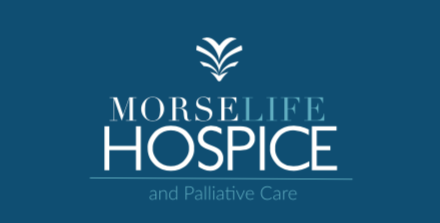
The casual observer might conclude that with the evolution of medical cannabis’ therapeutic benefits, changes in social values and legislative regulations have moved cannabis into mainstream medicine; that once a doctor prescribes a medical marijuana card, it’s as simple as buying over the counter medications.
The founders of Strainprint Technologies, a leading Canadian medical cannabis data and analytics company, would probably differ with that uninformed observation. Most of the team have first-hand experience with achieving optimal patient outcomes from medical cannabis and know it can be a confusing, time consuming and overwhelming experience for patients and their clinical providers.
In fact, four years ago one of the co-founders, Stephanie Karasick, noticed how little information and scientific validation there was on various treatments when she first started to navigate cannabinoid medical treatment. She kept a personal journal and soon her technologically-minded husband, Evan Karasick, designed a prototype app for her to record her observations. That personal experience was the seed that developed into a passion for the team at Strainprint Technologies; the company which collects and shares patient reported data for patient use. Strainprint was formed to advance the scientific understanding of cannabis and its legitimization by using patient reported data to guide responsible medical and recreational use.
The app
From that point on, a group of diverse, creative folks with personal medical cannabis experiences (themselves, friends, family members) are using their entrepreneurial talents to make the journey a bit easier for others. Noah Kauffman, Director of Sales explains the value of a crowd-sourced medical cannabis tracking ecosystem via the Strainprint app.
“The user selects what symptom needs to be treated, checks the severity of the symptom, lists the strain and how it is consumed and then is reminded in a short period of time to record the efficacy of the treatment. Each 5-step session is put into an aggregate database that is HIPAA compliant and stored in Canada to ensure individual privacy,” he said.
With the variety of products available, it is difficult to remember what you tried, and which product worked best for you. Strainprint offers the individual a private, personally recorded history of which strain gave them the most symptom relief. Everyone’s body reacts differently to cannabis’ therapeutic effects, but the app’s aggregate data and the individual’s history can narrow the options and lead to faster relief.
Each app-user receives a unique access code that they can choose to share with their clinic which provides clinicians access to their data for optimal patient outcomes faster than a trial and error approach. A collective experiential rating is available for physicians and clinics when guiding their patients’ care plans.
During the past 2 1/2 years Strainprint has had a significant growth spurt from 400,000 sessions to 1.3 million sessions. Kauffman explained why that happened. “Before we enter a regional market, we pre-populate the app with the products available in the area to preserve scientific integrity and with user-friendly scales it is easy to record and track one’s response to the strain.”
Additionally, for those who want to ask questions, seek opinions or share experiences, Strainprint has created an online, anonymous community for users of all knowledge levels to learn, engage and support each other. It also contains curated content, including articles and videos, from industry leaders and members.
The Strainprint Community is run by patients who have found relief from cannabis and want to help others feel better. The community platform is a safe place where you can be as anonymous as you wish, and your information won’t get into the hands of any third parties. Strainprint supports shared experiences as an essential part of cannabis’ global acceptance as a medicine.
For patients, by patients
Kauffman summed up the benefits of the Strainprint mission to provide a proven platform of translating regulated cannabis use to efficacy for patients by patients.
“First, patients can compare which strain, THC + CBD level, ingestion method and dose amounts work best for their individual symptoms with the assurance of privacy; second, use of the aggregate data allows clinicians and clinics to provide an elevated level of care and direction to patients due to solid medical data, not simple cannabis reviews; third, as we continue our robust and exponential collection of data, we can provide even more analysis, scientific proof and research to clinicians regarding a range of optimal dosage levels for symptom relief; and finally, as employees the fulfillment of knowing the Strainprint patient is at the forefront of every activity we engage in exceeds the size of any salary or commission earned from clocking in at a nine-to-five widget factory!” he said.
For information, visit strainprint.ca or call (647) 456-2546.









